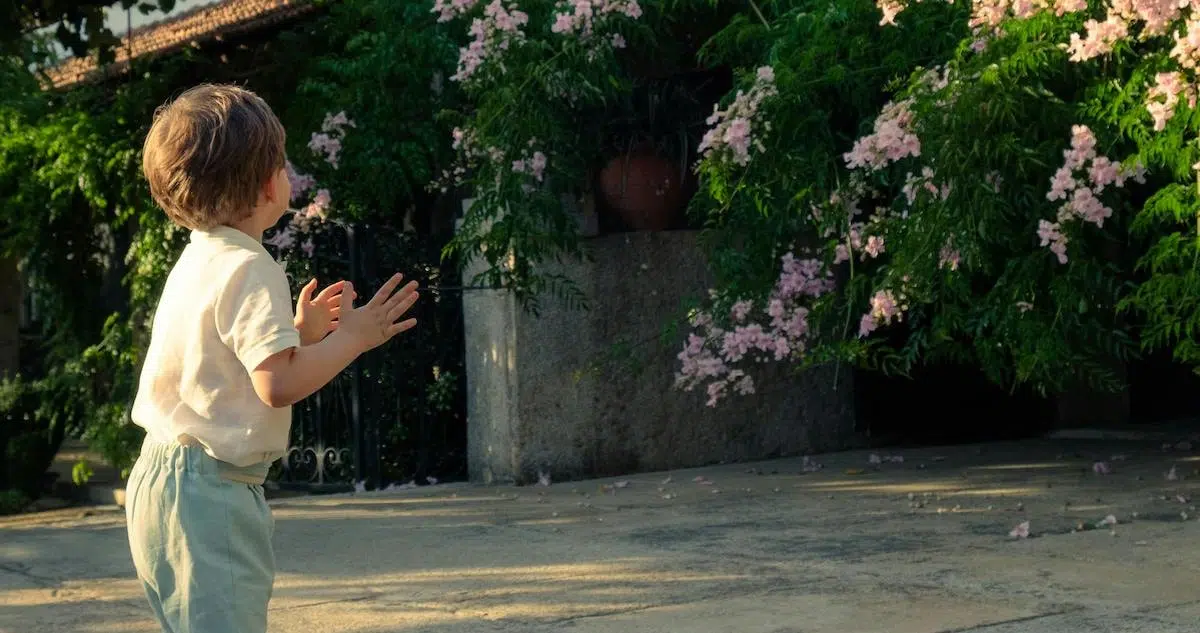Body safety education: Starting them early
Vanessa Hamilton
Vanessa Hamilton
Up next
Children can learn at an early age, who can and can not, touch their private body parts and under what circumstances. We know that perpetrators of abuse will most often target children who do not know the correct names of their private parts or basic body safety rules.
The benefits of this empowering information for children can not be ignored. Knowing body safety rules from a young age gives children a vocabulary to speak to adults, to ask questions, or to ask for help if something is wrong. But most important is the protection from abuse this knowledge can provide.
Body safety rules include teaching (even very young) toddlers and children the following five things:
- Their body is their body and how to say ‘Stop! I don’t like it!’ in a loud voice if their body bubble is breached without their consent, this can even include; when their friend kisses or hugs them when they don’t want a hug.
- Their private parts are under their bathing suit and also includes their mouth. Their private parts are for them only, unless they need help with care or hygiene and a trusted adult knows about it. “When you need help to wipe your bottom you can ask; Grandpa, the babysitter, the kindy teacher, or Daddy and I to help you…no one else should touch your private parts because they are just for you”. “Sometimes we will say it’s ok for other adults to help you, like the Doctor or Sammy’s Mum when you have a play date, as long as we know about it.”
- To identify the early warning signs that tell them they are not safe, such as feeling sick in the tummy, or heart beating fast or wanting to cry.
- To have a safety network by naming five trusted adults on each finger that they can tell if they have a problem or feel their early warning signs.
- Explain that no one should ever tell them to keep a bad secret which is a secret that gives them their early warning signs. Happy surprises, however, are always good because they will always be told (like Mum’s present) but a secret that they are told to never tell is not ok.” “You can tell us anything, no one should ever tell you not to tell Mum and I a secret, if they do, you tell them ‘We don’t keep secrets in our family”
Take advantage of ‘teachable moments’
When young children touch their genitals or a familiar child’s genitals in the bath, this is normal childhood sexual behaviour that is to be expected. Your reaction is even more important than what you say.
Remember to be positive, do not shame them or say that touching their body is ‘dirty’. “I know it feels good to touch your vulva/penis, we do that in a private place like in your bed, not in a public place, like here in the bath with your cousins.” or “Your vulva/penis is just for you to touch not anyone else, so don’t touch each other’s private parts, you can touch each other’s public parts though, can you name a public part of the body?”
Accurate, comprehensive sexuality education, such as correct names of body parts, has benefits for children’s whole sexual journey over their lifetime, teaching your child about consent and body autonomy is one of the greatest gifts we can give our children for their wellbeing into the future.
Sign up
Get tailored content based on your week of pregnancy
By signing up, you agree to receiving our Newsletters. Cancel anytime.



Related articles
Rigid gender stereotypes
A positive approach to human sexuality conversations…
Naming private body parts
Related Articles
Trending
Vanessa Hamilton
Follow +








